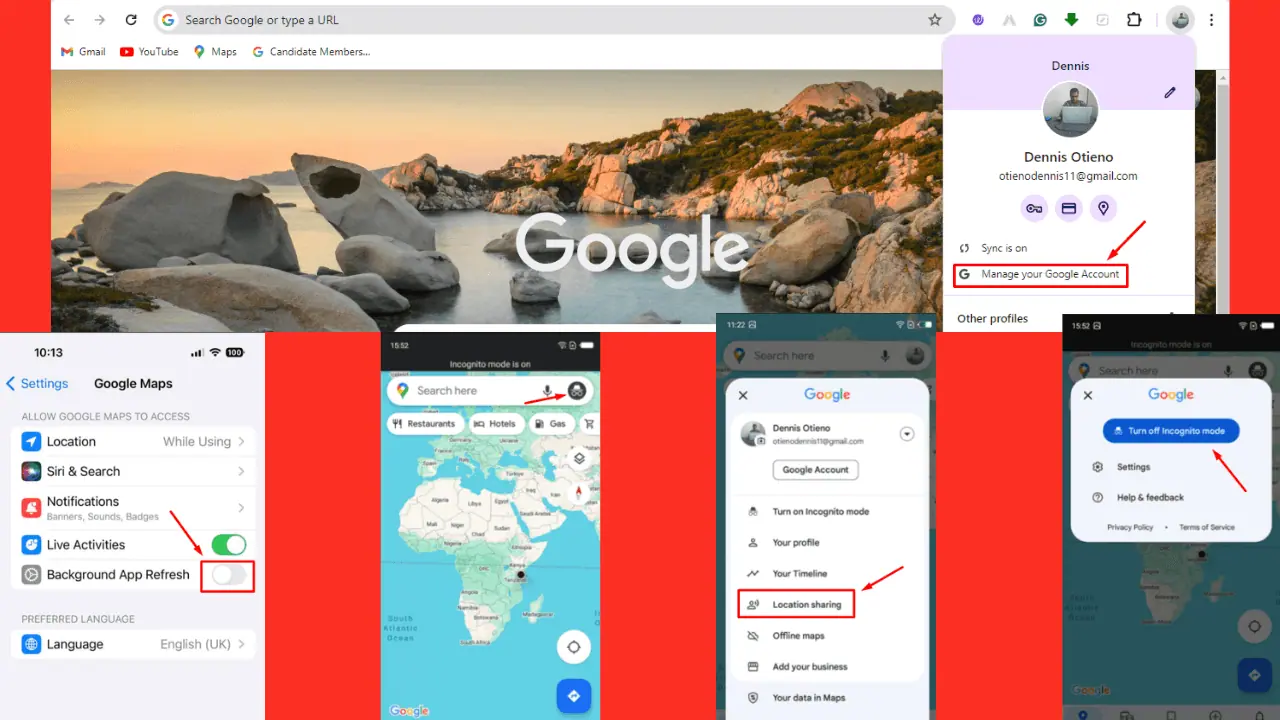How to Avoid Getting Burned by Your Implementation Partner?
4 min. read
Updated on
Read our disclosure page to find out how can you help MSPoweruser sustain the editorial team Read more

| Sponsored |
When it comes to implementing Microsoft solutions, it’s essential to have a reliable implementation partner who can help you navigate the complexities of the technology and ensure a successful rollout. Unfortunately, not all implementation partners can offer you the same experience. In fact, some may end up causing more harm than good.
Choosing the wrong implementation partner for your Microsoft Dynamics 365 system can have serious consequences. A poorly executed implementation can result in a range of issues, from selecting the wrong ERP to failing to deliver on the agreed scope of work or even neglecting to offer proper support. These missteps can cause significant financial losses, drain valuable resources, and waste time. Therefore, choosing an experienced and trustworthy implementation partner is crucial to ensure Microsoft Dynamics 365 system is properly implemented and optimized to meet your business needs.
Want to make sure your business doesn’t get hurt by this mistake? Let’s explore how to avoid getting burned by your Microsoft implementation partner and ensure a smooth, successful implementation.
Do your research
Before selecting an implementation partner, it’s crucial to do your research. Look for partners with a proven track record of successful implementations, positive customer reviews, and certifications from Microsoft. You can also ask for referrals from companies in your industry that have implemented similar solutions.
Define clear goals and expectations
To ensure a successful implementation, you must define clear goals and expectations for the project. This includes setting timelines, milestones, and deliverables. Then, communicate your goals and expectations to your implementation partner so they can understand what you want to achieve and plan accordingly.
Go with the right ERP
Careful selection of the ERP vendor is crucial to avoid failure in implementing an ERP system. With the abundance of enterprise resource planning options, organizations can find tailored ERP systems for their industry.
To choose the best ERP, create a list of business requirements and prioritize each item based on its level of importance. In addition, working with an independent ERP consulting firm throughout the ERP selection process is advisable to gather requirements and identify pain points in processes. These experts provide unbiased recommendations and are not influenced by financial incentives, ensuring the best solution for your business.
Create a detailed project plan
A detailed project plan is crucial to the success of any implementation project. Your implementation partner should work with you to create a plan that includes the project’s steps, resources, and timelines. The plan should also identify potential risks and mitigation strategies to address them.
Choose the right implementation model
There are several implementation models to choose from, including waterfall, agile, and hybrid models. Your implementation partner should help you choose the right model based on your needs and goals. Each model has pros and cons, and selecting the one that will best suit your project is essential.
Stay involved throughout the process
Although your implementation partner will handle most of the implementation work, it’s crucial to stay involved throughout the process. This includes attending regular status meetings, reviewing progress reports, and providing feedback. Staying involved ensures you know of any issues or delays and can take corrective action if necessary.
Test the solution thoroughly
Before going live with your solution, testing it thoroughly to ensure it meets your expectations and requirements is crucial. Your implementation partner should work with you to create a testing plan and perform all necessary testing before going live.
Communicate regularly
Regular communication is key to any successful implementation project. Schedule regular check-ins with your implementation partner to discuss progress, issues, or concerns and ensure everyone is on the same page.
Monitor progress
Regularly monitor progress against project timelines and deliverables. This will help you identify potential issues early on and allow you to take corrective action before it’s too late.
Manage change
Implementing new technology solutions often involves change, and managing this change effectively is important. Ensure that your implementation partner has a clear change management plan and that they communicate any changes effectively to your team.
Don’t micromanage
While staying informed about progress is important, it’s equally important not to micromanage the project. Instead, trust your implementation partner to deliver on their commitments and focus on providing the support they need.
Plan for post-implementation
Ensure that your implementation partner has a clear plan for providing post-implementation support and that this is included in your contract.
Selecting the right implementation partner and effectively managing the implementation process is critical to the success of any technology project. By following these tips, you can help ensure that you avoid getting burned by your implementation partner and achieve a successful implementation.








